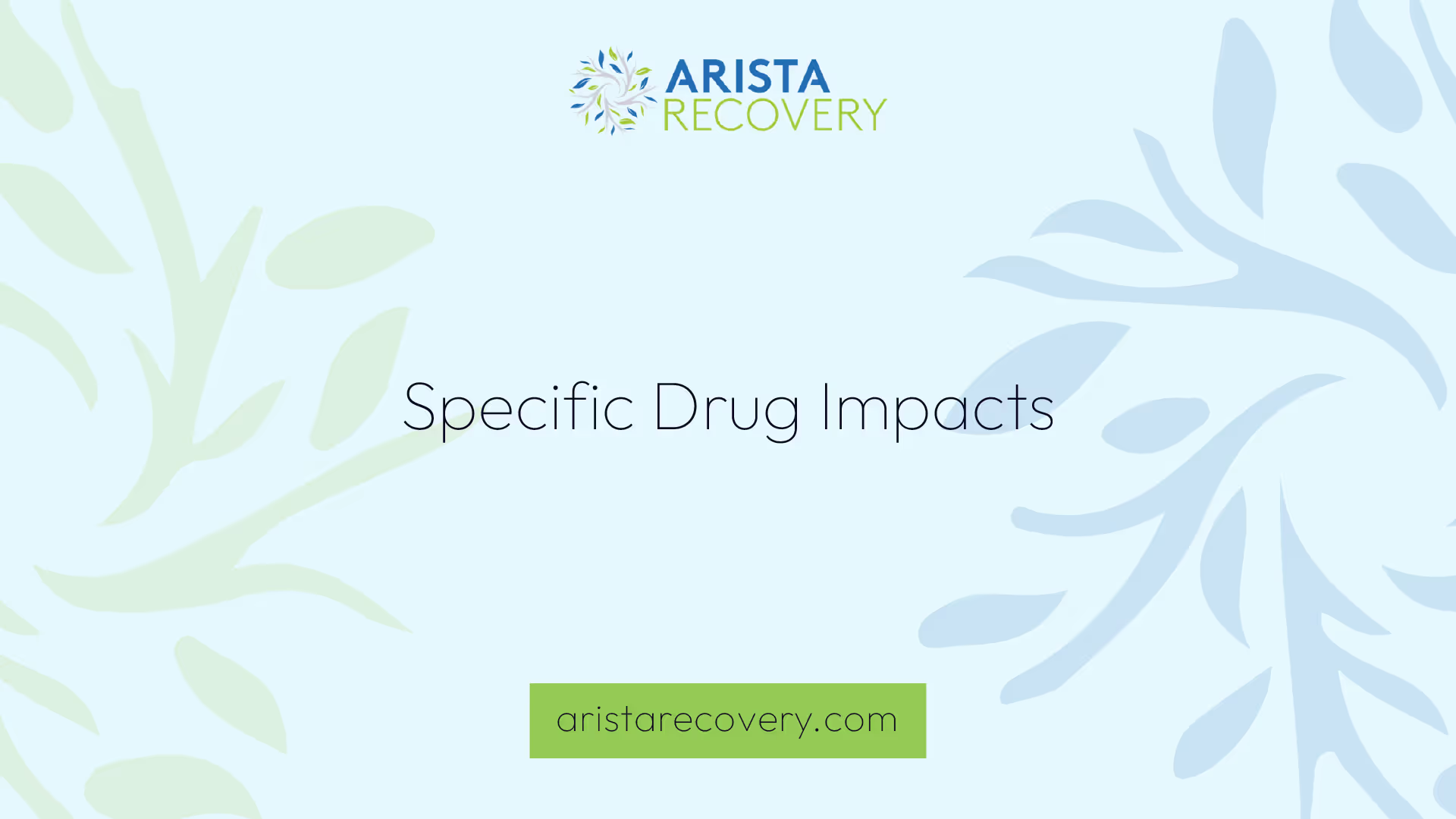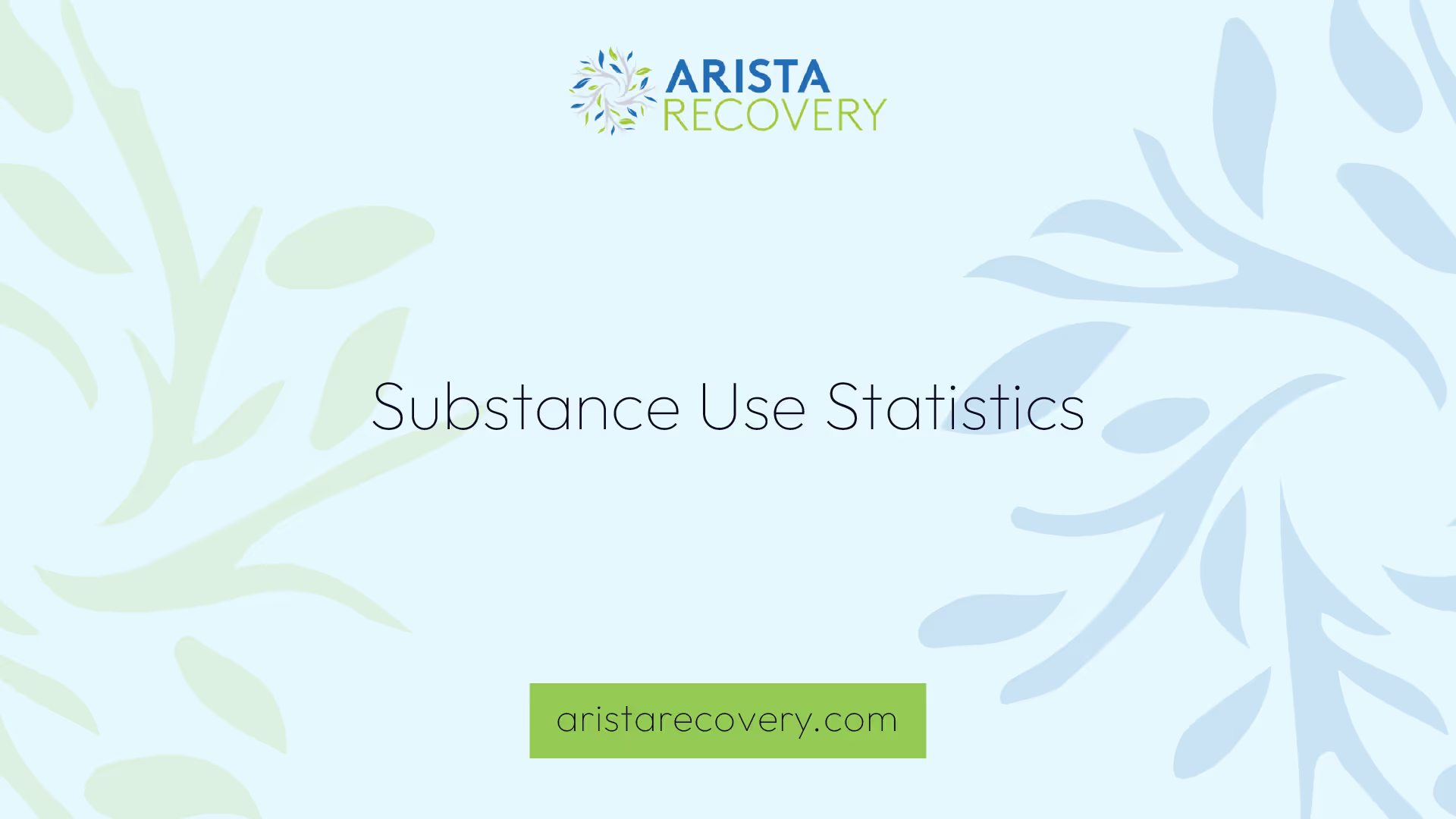
Drug Addiction and Pregnancy

Impact of Drug Use During Pregnancy
Understanding the consequences of drug use during pregnancy is crucial for the well-being of both the mother and the developing fetus. The use of substances, whether legal or illegal, can have significant and detrimental effects.
Effects on Fetus
Drug use during pregnancy directly affects the fetus. According to studies, substances such as alcohol, nicotine, marijuana, and illicit drugs can significantly impact a baby's future development. These effects include:
- Behavioral Problems: Exposure to drugs like marijuana and alcohol before birth has been proven to cause behavior issues in early childhood.
- Memory and Attention Deficits: Prenatal exposure to substances can adversely affect a child's memory and attentiveness.
- Cognitive Development: Babies exposed to cocaine in the womb may experience subtle yet significant cognitive deficits, impacting their information-processing and attention to tasks [2].
- Physical Growth: Substances can interfere with normal brain development, affecting physical growth and development.
Birth Defects and Complications
The risks associated with drug use during pregnancy are substantial and can lead to severe birth defects and complications. Some of the most common issues include:
- Premature Births: Drug use increases the likelihood of premature deliveries, resulting in health complications for the newborn.
- Underweight Babies: Exposure to harmful substances can lead to low birth weight, which is associated with various health problems.
- Stillborn Births: The use of drugs can increase the risk of stillbirths.
- Physical and Mental Problems: Babies born to mothers who use crack cocaine often face numerous physical and mental challenges, including smaller head size indicating lower IQ, and birth defects affecting the urinary tract or heart.
For more information on the effects of drug use during pregnancy, consider exploring our articles on drinking and pregnancy and the broader context of drugs are all around.
Drug addiction and pregnancy pose significant risks to both mother and child. Understanding these effects is essential for seeking appropriate care and intervention. Early detection and treatment can help mitigate some of the adverse outcomes associated with substance use during pregnancy.

Specific Drug Impacts
Cocaine Use
Cocaine use during pregnancy can have severe consequences for both the mother and the fetus. Pregnant women who use cocaine are at higher risk for maternal migraines, seizures, premature membrane rupture, placental abruption, and cardiovascular issues. These conditions can lead to high blood pressure, spontaneous miscarriage, preterm labor, and difficult delivery.
Babies exposed to cocaine in the womb often face significant physical and mental challenges. Common issues include low birth weight, smaller head circumferences, and symptoms such as irritability, hyperactivity, tremors, and a high-pitched cry. Additionally, these babies may have higher risks of birth defects affecting the urinary tract or heart. Exposure to cocaine can also lead to cognitive deficits, impacting a child's performance in tasks requiring attention and information processing.
Marijuana Use
The use of marijuana during pregnancy is linked to various developmental issues in infants. Although research is ongoing, initial findings suggest that prenatal marijuana exposure can influence the baby's brain development, leading to potential cognitive and behavioral problems later in life. Pregnant women who use marijuana may also increase the risk of preterm birth and low birth weight.
Heroin Use
Heroin use during pregnancy is particularly concerning due to the risk of neonatal abstinence syndrome (NAS). NAS occurs when heroin passes through the placenta, causing the baby to become dependent on opioids. After birth, these babies may experience withdrawal symptoms such as excessive crying, high-pitched cry, irritability, seizures, and gastrointestinal issues.
The immediate and long-term consequences of NAS are significant and often require medical intervention to manage withdrawal symptoms and ensure proper development.
Understanding the specific impacts of various drugs during pregnancy highlights the importance of seeking help and treatment. For more information on related topics, explore our articles on my stepdad is on meth, drugs are all around, and drinking and pregnancy.

Substance Use Statistics
Understanding the prevalence and impact of substance use during pregnancy is crucial in addressing this significant public health issue. This section presents national data on substance use and examines the differences between legal and illegal drugs.
National Data
Substance use disorders among pregnant women remain a major concern. According to the National Institutes of Health (NCBI), nearly 25 million Americans aged 12 or older are current illicit drug users, representing 9.2% of the population. This includes substances such as marijuana, cocaine, heroin, hallucinogens, inhalants, and non-medical use of prescription drugs. Among pregnant women aged 15–44, the rate of current illicit drug use is 5.9%.
Legal vs. Illegal Drugs
The legality of a substance does not necessarily correlate with its safety during pregnancy. Legal substances such as alcohol and nicotine also pose significant risks. Approximately 8.5% of pregnant women aged 15–44 report current alcohol use, and 16-17% report past-month cigarette use. Both alcohol and nicotine can have severe effects on fetal development, similar to or even worse than some illegal drugs.
These statistics underscore the need for effective drug therapy and educational strategies for pregnant women. It's essential to provide comprehensive care and support to mitigate the risks associated with both legal and illegal substance use during pregnancy. For more information on the impacts of substance use, visit our article on drinking and pregnancy.
For families grappling with substance use, resources and support are available. Understanding the widespread nature of this issue can help in seeking appropriate intervention and care. For more on the challenges and support systems available, check out our article on my stepdad is on meth or drugs are all around.
Neonatal Abstinence Syndrome (NAS)
Causes and Symptoms
Neonatal Abstinence Syndrome (NAS) is a condition in which newborns experience withdrawal symptoms due to exposure to certain substances while in the womb. Regular use of opioids, alcohol, barbiturates, benzodiazepines, and caffeine during pregnancy can lead to NAS [3].
The symptoms of NAS can vary but commonly include:
- Excessive crying
- High-pitched cry
- Irritability
- Seizures
- Gastrointestinal problems
Heroin use during pregnancy is a significant cause of NAS, specifically related to opioid exposure. Babies born to mothers who used heroin often exhibit severe withdrawal symptoms [3].
Treatment Options
Treating NAS requires a comprehensive approach to address the physical and emotional needs of the newborn. The primary goal is to alleviate withdrawal symptoms and support the baby's development. Treatment options include:
Despite treatment, NAS can still occur in babies whose mothers have received methadone or buprenorphine, although the symptoms are generally less severe. Reducing the maternal methadone dose to avoid NAS is not supported by research, as it may lead to increased illicit drug use and pose greater risks to the fetus.
The incidence of NAS has risen nearly fivefold between 2000 and 2012, largely due to the increased prescription of opioids to pregnant women. For more information on the impact of substance use during pregnancy, visit our sections on drinking and pregnancy and drugs are all around.
Long-Term Developmental Effects
Drug addiction during pregnancy can have significant long-term developmental effects on the child. These effects can manifest as cognitive impairments and behavioral and emotional issues.
Cognitive Impairments
Prenatal exposure to various substances can lead to a range of cognitive impairments. For instance, exposure to cocaine during pregnancy has been linked to lower intelligence, impairments in attention, language, and executive functions. Similarly, opioid use during pregnancy has been associated with problems in attention, memory, and behavior, including hyperactivity [1].
Exposure to methamphetamine (METH) during pregnancy has been shown to result in poorer performance on visual motor integration tasks and lower metabolite concentrations in certain brain regions. Additionally, children exposed to prenatal METH exhibited reduced caudate nucleus volume, cortical thickness changes, and altered white matter tracts.
Behavioral and Emotional Issues
Behavioral and emotional issues are also prevalent in children exposed to drugs in utero. For example, prenatal exposure to tobacco/nicotine has been linked to behavior problems, including ADHD [1]. Marijuana exposure can affect attention, visual perceptual abilities, and lead to delinquent behavior.
Cocaine exposure during pregnancy is associated with emotional and behavioral problems, including higher excitability, jitteriness, and non-optimal reflexes. Long-term effects also include behavior defects and executive functioning abnormalities.
Understanding these long-term developmental effects underscores the need for early intervention and tailored educational strategies. For more information on early intervention services and educational strategies for children affected by prenatal drug exposure, visit our related articles.
These findings highlight the critical importance of addressing substance use during pregnancy for the well-being of both mother and child. If you or someone you know is struggling with drug addiction during pregnancy, seek professional help and support to ensure the best possible outcomes for the child.
Treatment and Prevention Strategies
Early Intervention Services
Early intervention services are critical for addressing the developmental delays and health issues that can arise from prenatal substance exposure. These services can include speech therapy, physical therapy, and other specialized support to help children reach developmental milestones [1].
For school-aged children, academic accommodations or special education services can provide additional support for those experiencing difficulties with schoolwork or attention in class. These interventions aim to mitigate the long-term effects of prenatal exposure to drugs and promote better cognitive and emotional outcomes.
Educational Strategies
Educational strategies play a vital role in preventing substance use during pregnancy and providing essential information to those affected by it. Comprehensive education programs can help pregnant women understand the risks associated with substance use and the importance of seeking help early.
Key educational strategies include:
- Prenatal Education Programs: These programs inform expectant mothers about the dangers of drug use during pregnancy and provide resources for seeking help.
- Community Workshops: Workshops can raise awareness and educate communities about the impact of drugs on fetal development.
- Healthcare Provider Training: Training healthcare providers to recognize signs of substance use and offer appropriate referrals can ensure that pregnant women receive timely care and support.
- Public Awareness Campaigns: Campaigns can disseminate information on the risks of legal and illegal drugs during pregnancy, emphasizing that the legality of a drug does not correlate with its safety profile [4].
For more information on how drugs affect fetal development and strategies for coping with substance use, visit our articles on my stepdad is on meth and drinking and pregnancy.
By implementing these early intervention services and educational strategies, we can better support individuals and families impacted by substance use, promoting healthier pregnancies and improved developmental outcomes for children.
References
[1]: https://samhealth.org/news/how-do-drugs-affect-babys-development-during-pregnancy/
[2]: https://www.webmd.com/baby/drug-use-and-pregnancy
[3]: https://nida.nih.gov/publications/research-reports/substance-use-in-women/substance-use-while-pregnant-breastfeeding
[4]: https://www.ncbi.nlm.nih.gov/pmc/articles/PMC4262892/
[5]: https://nida.nih.gov/publications/research-reports/medications-to-treat-opioid-addiction/what-treatment-available-pregnant-mothers-their-babies
When mental health challenges and addiction intersect, it can feel isolating. At Arista, we offer compassionate, evidence-based, and trauma-informed care to help you heal, grow, and move forward.
You’re not alone in this.
When mental health challenges and addiction intersect, it can feel isolating. At Arista, we offer compassionate, evidence-based, and trauma-informed care to help you heal, grow, and move forward.
Support that moves with you.
You’ve taken a brave first step. At Arista Recovery, we’re here to help you continue with best-in-class care designed for long-term healing and support.
.webp)






